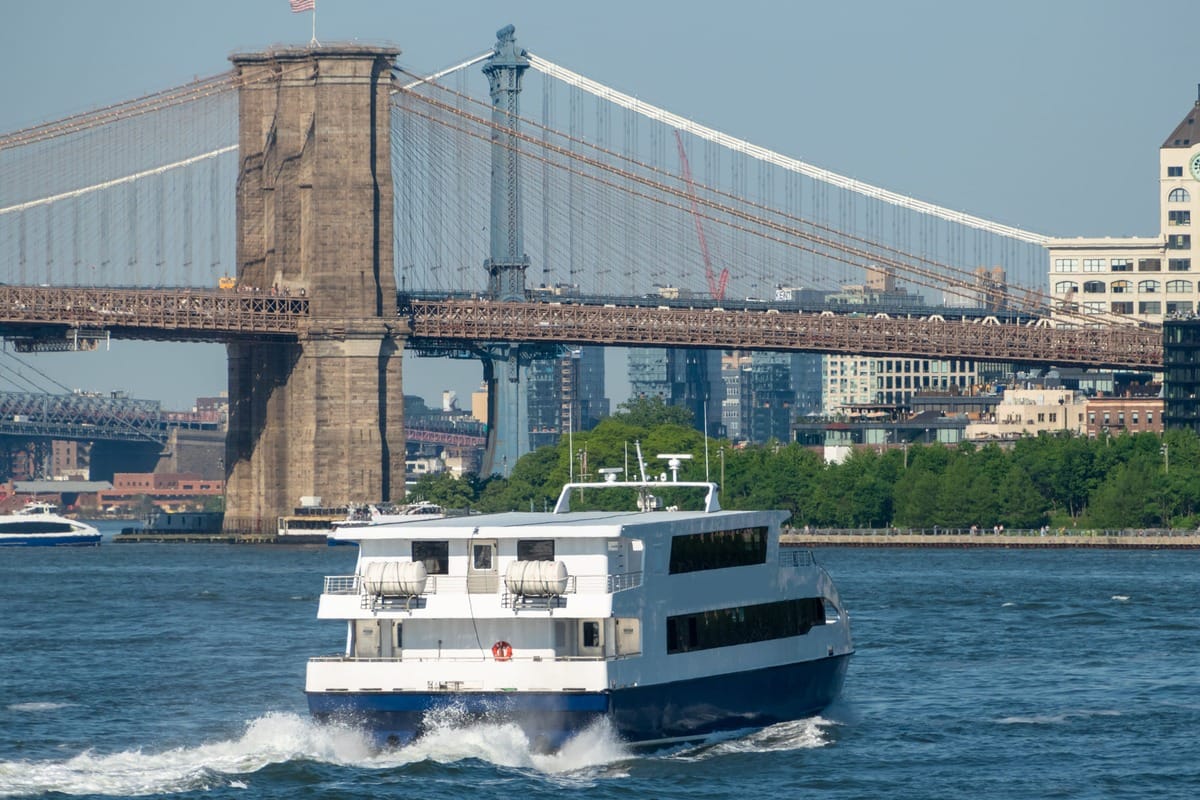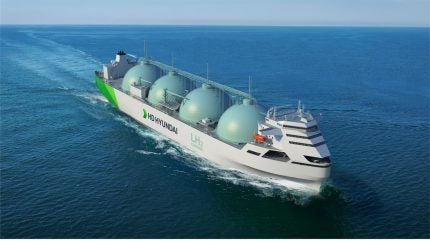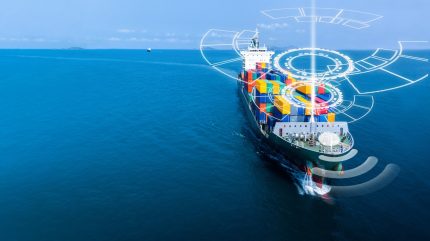Singapore’s annual vessel arrival tonnage, total tonnage of ships under the Singapore flag, container throughput, total bunker sales, and sales of alternative bunker fuels all reached new
Singapore’s annual vessel arrival tonnage, total tonnage of ships under the Singapore flag, container throughput, total bunker sales, and sales of alternative bunker fuels all reached new highs in 2024. Cargo throughput handled at the port of Singapore also increased in 2024.
These were among some of the announcements by Mr Murali Pillai, Minister of State for Law and Transport, at the annual Singapore Maritime Foundation (SMF) New Year Conversations last week. Mr Murali said that despite strained global supply chains, Maritime Singapore has maintained strong growth momentum in 2024 and looks forward to continued steady growth in 2025.
The annual vessel arrival tonnage in the port of Singapore grew by 0.6%, reaching a new record of 3.11 billion gross tonnage (GT), up from 3.09 billion GT in 2023. The key shipping categories – bulk carriers, container ships and tankers – each accounting for close to a third, contributed to over 90% of Singapore’s vessel arrival tonnage in 2024. Arrivals of bulk carriers also hit a record high in 2024.
Cargo throughput handled at the port of Singapore also rose to 622.67 million tonnes, an increase of 5.2% from 592.01 million tonnes in 2023.
Container throughput from both PSA terminals and Jurong Port crossed the 40 million TEU mark for the first time, growing by 5.4% and reaching a new record of 41.12 million TEUs compared to 39.0 million TEUs in 2023. Around 90% of Singapore’s container throughput is for transhipment to other destinations and it remains the largest container transshipment hub in the world.
The majority of container vessels complete their simultaneous cargo handling and bunkering within a day of arrival. Various efforts were undertaken collectively by the Maritime and Port Authority of Singapore (MPA), PSA Singapore, and unions, to address the port congestion arising from the Red Sea situation in mid-2024. These included commissioning new berths at Tuas Port, reactivating berths and yard spaces at Keppel Terminal, increasing manpower capacity, working with shipping and feeder lines to optimise operations schedule, and permitting night-tow operations for container barges to and from Pasir Panjang Terminal for the first time.
Eleven berths at the new Tuas Port are now operational, with 7 more berths to be operational by 2027. Reclamation works in Phase 2 of Tuas Port are about 75% completed. A Joint Venture partnership between Evergreen Marine Corporation (EMC) and PSA Singapore was established in November 2024, offering long-term terminal capacity assurance to EMC’s expanding global vessel fleet in Singapore.
Total bunker sales registered a new high of 54.92 million tonnes, marking a 6.0% year-on-year increase. The increased uptake was partly due to the extended Asia-Europe shipping routes via the Cape of Good Hope given the disruptions in the Red Sea. Singapore made steady progress as the world’s largest bunkering port, supplying over a sixth of the total fuel used by global shipping.
Sales of alternative bunker fuels exceeded one million tonnes for the first time to reach 1.34 million tonnes in 2024, a year-on-year doubling. Specifically, the sale of biofuel blends grew from 0.52 million tonnes in 2023 to 0.88 million tonnes. Biofuel blends of up to B50 are available commercially with trials of up to B100 on-going. LNG increased from 0.11 million tonnes in 2023 to 0.46 million tonnes. An Expression of Interest was launched in December 2024 to explore scalable solutions for sea-based LNG reloading to complement the existing onshore LNG bunkering storage and jetty capacities and support the supply of e-/bio methane as marine fuel in Singapore. Methanol was available on a commercial scale and registered 1,626 tonnes, while 9.74 tonnes of ammonia was bunkered for the first time globally in trials in our port.
In April 2024, MPA established the Maritime Energy Training Facility (METF) to train the global maritime workforce in handling and operating vessels using clean marine fuels. The network of industry-supported training establishments is expected to be fully developed by 2026 and will train around 10,000 seafarers and other maritime personnel by the 2030s. There are currently 52 METF training partners comprising global marine engine manufacturers, international organisations, classification societies, trade associations, unions, and institutes of higher learning. Over 400 seafarers and maritime professionals have undergone training under the METF.
As part of the pro-enterprise rules review exercise led by Deputy Prime Minister and Minister for Trade and Industry Gan Kim Yong to help lower business costs, MPA will reduce the verification frequency of mass flow meters from twice to once a year, starting 1 April 2025. This aligns with the updated SS648:2024 standards and is expected to save the industry approximately S$300,000 a year. Risk-based audits will continue as the industry undertakes the transition.
As a leading International Maritime Centre, Singapore is home to close to 200 international shipping groups. In addition, more than 30 maritime companies spanning shipping, legal, insurance, shipbroking, and marine tech sectors, have established or expanded their operations in Singapore during the year. Notably, classification society RINA announced the set-up of its Open Innovation Hub in Singapore. Total business spending by key maritime companies overseen by MPA increased to S$5.2 billion in 2024, up from S$4.8 billion the previous year.
From 1 April 2024, MPA has waived the need for security deposits and bankers’ guarantees for companies assessed to have lower credit risks. This initiative, which is also part of the pro-enterprise rules review exercise, will benefit 80% of existing billing parties, improving cashflow for maritime businesses, including small-and-medium enterprises, by over S$20 million each year.
The number of startups under Port Innovation Ecosystem Reimagined @BLOCK71 (PIER71TM) has grown from 17 in 2018 when PIER71TM was launched, to over 140 today. These startups have since raised over S$80 million in investments, with 10 startups raising close to S$17 million in 2024.
Singapore retained its position as the world’s top maritime centre in the Xinhua-Baltic International Shipping Centre Development Index [1] for the 11th consecutive year
The Singapore Registry of Ships also had a record-breaking year. The total tonnage of ships under the Singapore flag exceeded 100 million GT for the first time and reached a new record high of 108 million GT, an increase of 8.5% from 99.6 million GT in 2023. The Singapore Registry of Ships (SRS) remains one of the world’s top five ship registries.
MPA says the outlook for 2025 is likely to be shaped by geopolitical dynamics and shifting trade patterns but it anticipates steady growth for Maritime Singapore during the year. Global GDP growth is forecasted to remain steady this year with seaborne trade projected to grow 1.9%, with some re-routing of trade routes expected. The major shipping segments – bulk carriers, containerships, tankers and specialised vessels – are expected to continue performing better than pre-pandemic years.
Content Original Link:
" target="_blank">

























































